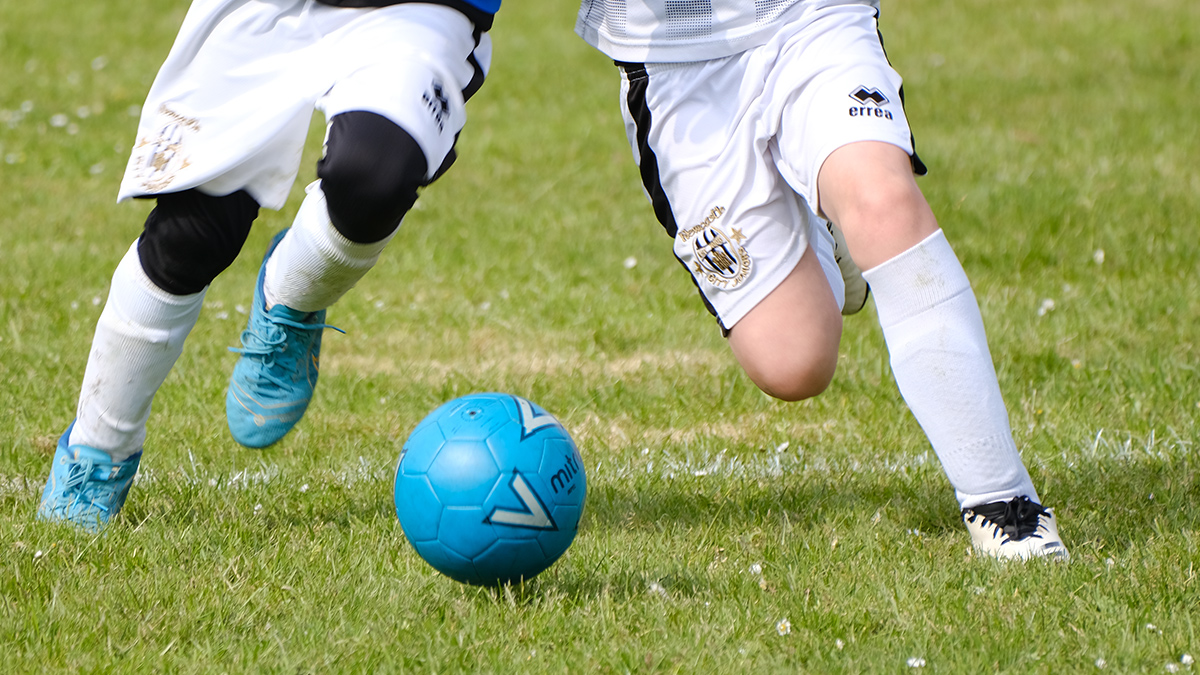
The Department of Education and Ofqual recently issued documents for consultation regarding the activities and assessments for GCSE and A Level PE. As part of this, rounders, as well as elements of dance and performing arts, have been removed from the curriculum. This has prompted Rounders England to respond by asking why one of the UK’s most popular, accessible and inclusive summer team sports is being removed from the curriculum, even forming a petition to have this response overturned.
Further, it has been well documented that secondary school sport faces an uphill battle for attention over other curriculum subjects. In a recent AfPE Conference at St. Georges Park, Stephen Drew from Brentwood County High School (famed for his appearance on Channel 4’s Educating Essex) spoke about the importance of PE teachers’ resilience against this worrying trend. “It’s time for our PE staff to stand up and be counted for, before it’s too late. It’s well documented how sport benefits children’s development and we should collectively battle to provide as many active opportunities as possible for students.”
In the September/October issue of School Sport Magazine, an interview featuring Paul Miller, Head of Sport at Calday Grange Grammar School, discusses the problems faced by today’s PE teachers.
What’s the most frustrating thing about secondary school sport?
“The pressure on staff and pupils to achieve academically is intense and the same staff that are trying to help students meet target grades or make sure their A*/A grades increase, are also the same staff that are running the extra-curricular clubs after school and the teams on Saturday. Staff are often frustrated about trying to offer revision and support sessions to their A level and GCSE students, whilst at the same time wanting to spend time with their teams training for the weekends and cup fixtures. Staff are often pulled in too many directions and getting the balance right is a difficult one.”
What’s the biggest single issue facing sport in schools in general at the moment?
“Funding. The purse strings nationally are as tight as they have ever been, even with the promise of an extended Olympic legacy. We have lost staff and therefore participation and performance opportunities for our students, down to not having the money to keep them. Many subjects have seen this within our school and I recognise it’s not just sports funding, but it can really be debilitating.”
(School Sport Magazine (2014), September/October Edition)
Despite this alarming account of today’s school sports dilemmas, school sports tours and trips are on the rise. In a recent study by the Schools Travel Forum on 175 UK schools, a huge 76% of schools run residential or touring sports tours. In the face of funding cuts, sporting trips have increased in 25% of schools and remained in 64% of schools, with only 10% reducing the amount of trips.
Teachers recognised that sports touring has hugely positive implications for students, outlining the most important factors when organising a school trip as:
- Team/relationship building
- Reward for the pupils
- Skill development
- To give experience of competing
- Engaging hard to reach pupils
- Teaching pupils a new sport
- School tradition
(School Travel Forum (2014). School Sporting Tours, Executive Summary.)
As with any trip, there are barriers such as price, excessive paperwork, and health and safety considerations, but one large hurdle is the inability to travel in term time. With a large focus on improving grades in the classroom, time out of class for school trips is arguably becoming less and less important.
Have your say. What problems have you faced in organising a school trip and how have you overcome these?